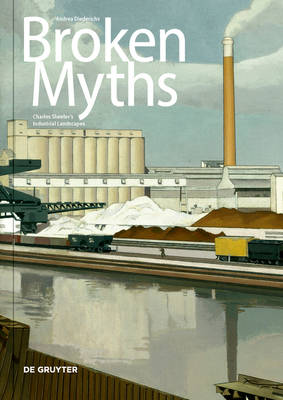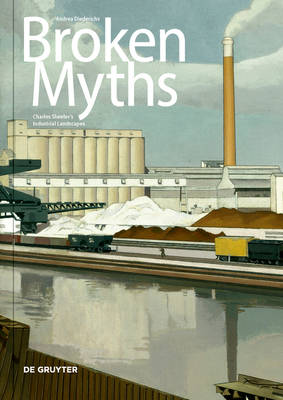
- Retrait gratuit dans votre magasin Club
- 7.000.000 titres dans notre catalogue
- Payer en toute sécurité
- Toujours un magasin près de chez vous
- Retrait gratuit dans votre magasin Club
- 7.000.0000 titres dans notre catalogue
- Payer en toute sécurité
- Toujours un magasin près de chez vous
Description
Precisionism is generally regarded as an artistic style that does not indulge in social or political themes, being committed instead to aestheticism. Addressing the role of human beings under increased automation and mechanization, Andrea Diederichs includes the social dimension of the machine age in her investigations. In this way, she undertakes a fundamental revision of the prevailing, one-dimensional reading of Precisionism. It becomes clear that Charles Sheeler's, George Ault's or Niles Spencer's industrial subjects are characterized by ambivalence and ideology-critical tendencies relating to the new conditions of labor under the dictates of the machine, and document the resultant physical and psychological consequences.
- Re-evaluation of the work of Charles Sheeler and his contemporaries
- First investigation into the industrial depictions of Precisionism in an industrialpsychological context
Spécifications
Parties prenantes
- Auteur(s) :
- Editeur:
Contenu
- Nombre de pages :
- 328
- Langue:
- Anglais
Caractéristiques
- EAN:
- 9783110769456
- Date de parution :
- 11-01-23
- Format:
- Livre broché
- Format numérique:
- Trade paperback (VS)
- Dimensions :
- 239 mm x 168 mm
- Poids :
- 662 g

Les avis
Nous publions uniquement les avis qui respectent les conditions requises. Consultez nos conditions pour les avis.






